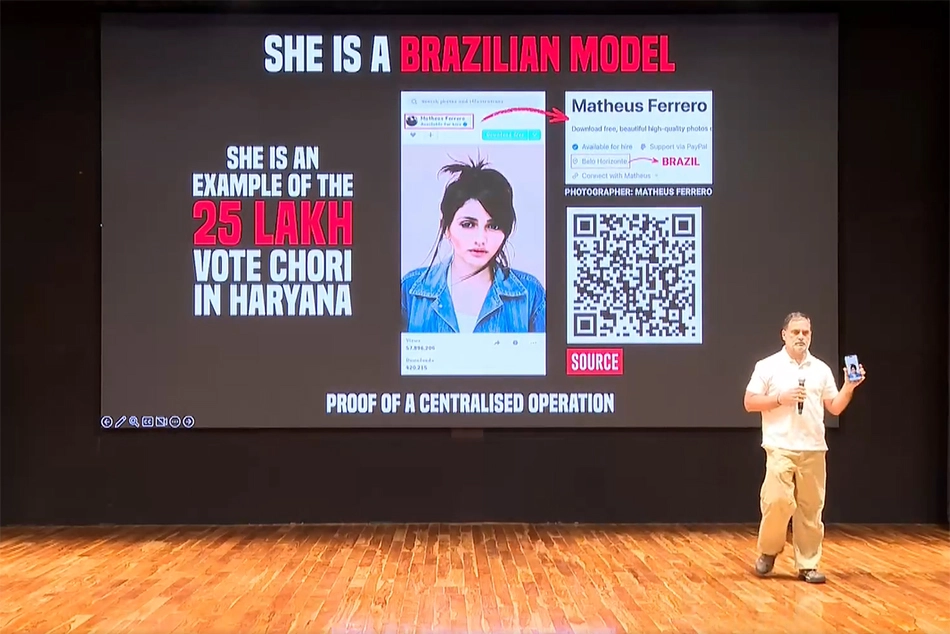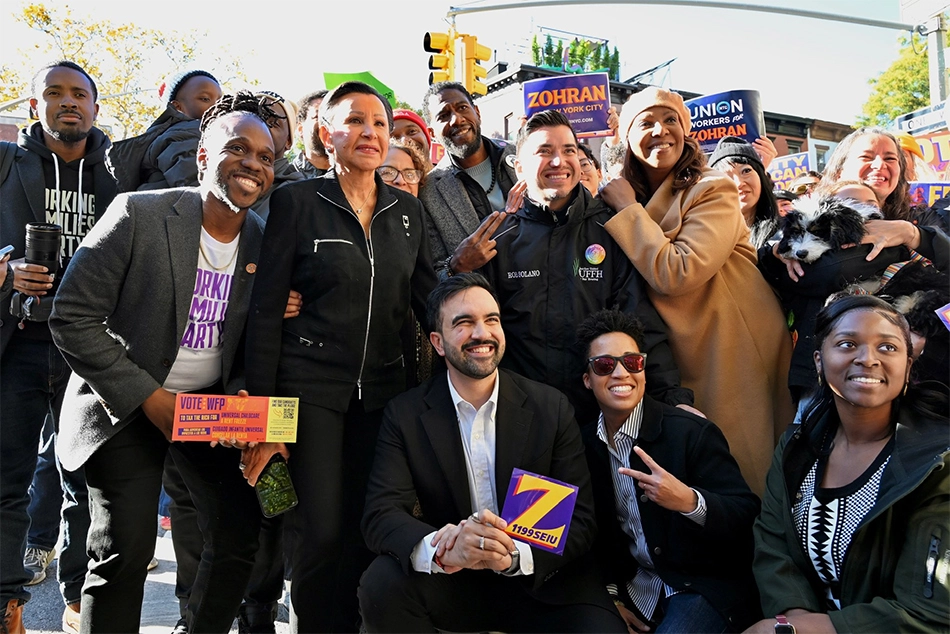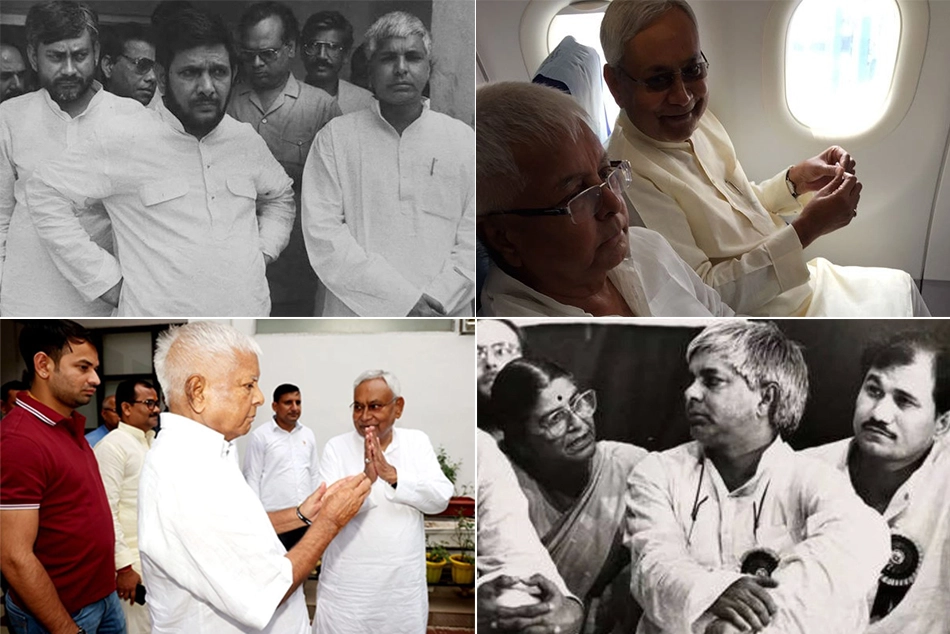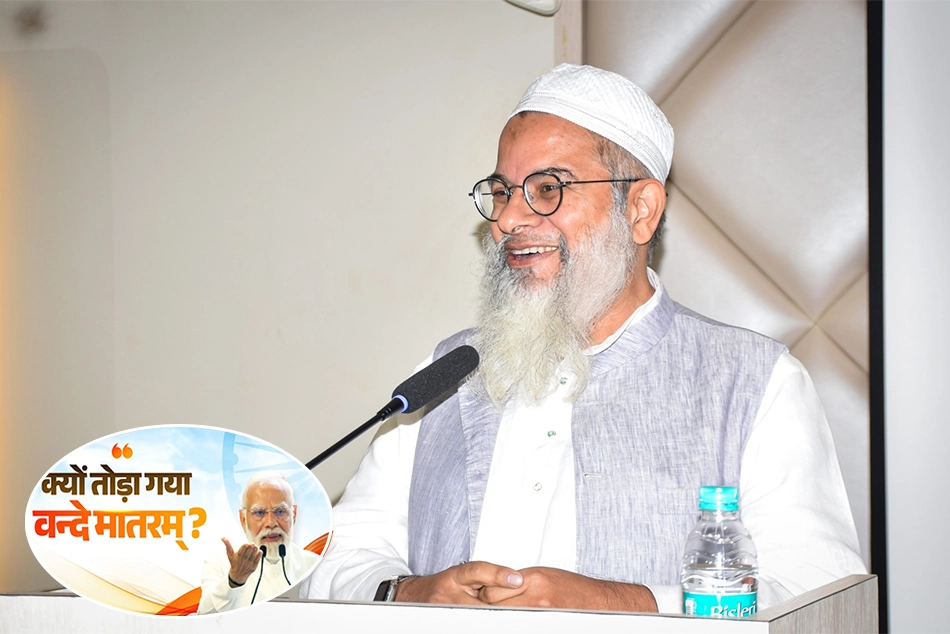
Bhagwat Should Remember, Belonging is Built on Justice, Not Fear
RSS Chief Mohan Bhagwat must remember, a genuine sense of belonging cannot arise from coercion. It must be built upon justice, equality, and empathy
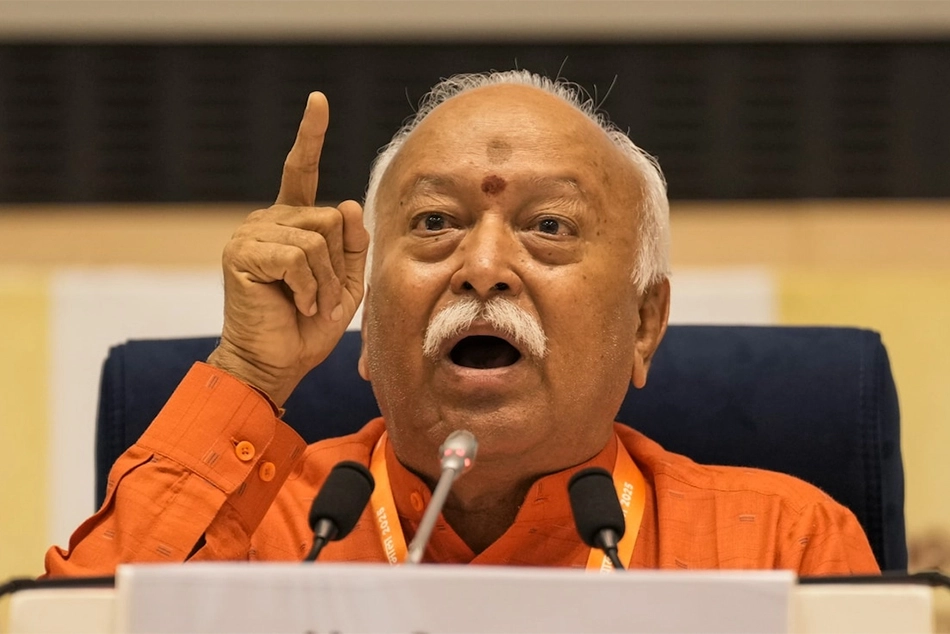
“The religion which tolerates the oppression of others is no religion at all.”
- Dr. B.R. Ambedkar
RSS chief Mohan Bhagwat recently sermonized that “society does not run only on law, but on sensitivity and belonging… we should light the lamp inside our hearts so that the same lamp lights up in all hearts… then Bharat will stand tall and become the Vishwaguru.” He further invoked “the same existence in all people,” which he equated with Brahman or Ishwar, adding that “science acknowledges this unity of being.”
It sounds noble — spiritual, even universal. But behind these honeyed words lies a cynical distortion of India’s civilizational ethics. When Bhagwat, the head of an organization historically rooted in majoritarianism, speaks of oneness, it is not the oneness of compassion but of conformity. It is unity enforced through cultural domination.
A Preacher Without Moral Ground
The Rashtriya Swayamsevak Sangh, which Bhagwat leads, has no moral standing to lecture the nation on belonging. Its founder, K.B. Hedgewar, created the RSS in 1925 to promote Hindu consolidation, not national unity. His successor, M.S. Golwalkar, made the ideological vision explicit: he celebrated Nazi Germany’s “purging of the Jews” as a model of national strength (We, or Our Nationhood Defined, 1939) and insisted that India’s minorities “may stay in the country wholly subordinated to the Hindu nation” (Bunch of Thoughts, 1966).
The Sangh’s record since then — from the demolition of the Babri Masjid (1992) to the current wave of vigilantism, reveals an organization that divides society in the name of cultural purity. Its notion of belonging has always been conditional: extended only to those who conform to its Hindu nationalist ideal.
Bhagwat’s talk of “lighting lamps in our hearts” sounds grotesque against this record. Mob lynchings over beef, anti-conversion drives, the harassment of interfaith couples, and the silencing of dissent are the true lamps his cadres have lit. They illuminate not compassion but cruelty.
Spiritual Vocabulary, Political Intent
Bhagwat’s rhetoric is part of a deliberate ideological strategy — to launder political Hindutva through spiritual language. By invoking Brahman, Ishwar, and “oneness of existence,” he appropriates India’s plural philosophical traditions to legitimize exclusionary nationalism.
The Advaita Vedanta principle of oneness was never meant to sanctify hierarchy or domination. Yet the RSS uses it to claim that difference itself is a threat to unity. Their version of “oneness” is not coexistence but absorption: minorities must merge into the Hindu fold or risk being labeled outsiders.
Bhagwat’s reference to “science” affirming this unity is equally misleading. Modern physics or biology does not validate metaphysical doctrines. This pseudo-scientific appropriation — reminiscent of claims about ancient India’s “Vedic aircraft” or “genetic science in the Mahabharata” — betrays an insecurity that seeks validation from modernity even as it rejects reason.
RSS and Its False Civilizational Claims
The idea of Vishwaguru Bharat rests on an imagined past, sanitized of contradiction. True civilizational greatness lies in the capacity to question and accommodate difference — precisely what the RSS fears most.
History shows that the RSS played no role in India’s freedom movement. It distanced itself from the anti-colonial struggle, calling it a distraction from Hindu unity. Golwalkar instructed cadres not to join the Quit India Movement (1942), warning that such participation would “bring harm to the cause of Hindu sangathan.” In contrast, Gandhi’s inclusive nationalism invited all faiths into the freedom struggle — and it was a follower of the RSS, Nathuram Godse, who assassinated him in 1948.
To hear Bhagwat now speak of “belonging” is to witness historical amnesia. The RSS that condemned Gandhi’s universalism now seeks to inherit his vocabulary of compassion — emptied of meaning.
When Hate Masquerades as Harmony
The RSS’s rhetoric of “unity” camouflages the structural violence of Hindutva. Minorities live under a siege of suspicion: the Citizenship Amendment Act (CAA, 2019) institutionalized religious discrimination by granting citizenship on the basis of faith; anti-conversion laws in several states criminalize personal choice; and hate speech by ruling-party politicians goes unpunished.
Data compiled by IndiaSpend and Amnesty International (2019–2023) shows a surge in hate crimes linked to religious identity, with over 90% of cow-related lynchings occurring after 2014. Churches and mosques have been vandalized with impunity, while Muslim homes and shops are bulldozed in the name of “law and order.”
In this climate, Bhagwat’s sermons about sensitivity sound perverse. To belong, in his vocabulary, is to surrender — to accept the cultural supremacy of the majority. Resistance is branded as treachery. The RSS’s call for “oneness” is thus a demand for silence.
Belonging Built on Justice, Not Fear
A genuine sense of belonging cannot arise from coercion. It must be built upon justice, equality, and empathy — the very ideals enshrined in the Constitution. Article 25 guarantees freedom of conscience and faith; Article 15 prohibits discrimination on grounds of religion, caste, or gender. These are the lamps that should light our national conscience — not Bhagwat’s mystic abstractions.
If the RSS truly believed in “the same existence in all people,” it would condemn hate crimes unequivocally, apologize for its historical complicity in division, and commit itself to secular democracy. Instead, it sanctifies power with the language of piety.
The contradiction is glaring: the RSS preaches sensitivity while encouraging campaigns that brutalize. It speaks of the Vishwaguru ideal while undermining the very ethics that could make India morally great.
The Moral Choice Before India
Bhagwat’s speech reveals the RSS’s new strategy — to shift from overt aggression to soft cultural manipulation. Having normalized hatred through politics, it now seeks to sanctify it through spirituality.
But no rhetoric can erase history or conceal present realities. India’s spiritual strength lies in diversity, not dominance; in dissent, not conformity. The light that Bhagwat invokes will shine only when it burns through the darkness his organization has spread — the darkness of fear, casteism, and religious hatred.
If India is ever to stand tall, it will not be through the RSS’s sermons but through reclaiming the moral courage of those who refused to hate. Bhagwat’s lamp may glow in the rhetoric of devotion, but its flame feeds on hypocrisy. And no nation built on hypocrisy can ever become a Vishwaguru.
[The writer, Ranjan Solomon, is a political commentator]
References (indicative):
1. M.S. Golwalkar, We, or Our Nationhood Defined (Nagpur: RSS, 1939).
2. M.S. Golwalkar, Bunch of Thoughts (Bangalore: Sahitya Sindhu, 1966).
3. Christophe Jaffrelot, The Hindu Nationalist Movement and Indian Politics (Penguin, 1999).
4. Amnesty International, Hate Crimes in India: A Decade of Impunity (2023)
5. IndiaSpend Database on Cow-Related Violence (2010–2023).
6. The Constitution of India, Articles 14, 15, and 25.
Follow ummid.com WhatsApp Channel for all the latest updates.
Select Language to Translate in Urdu, Hindi, Marathi or Arabic


